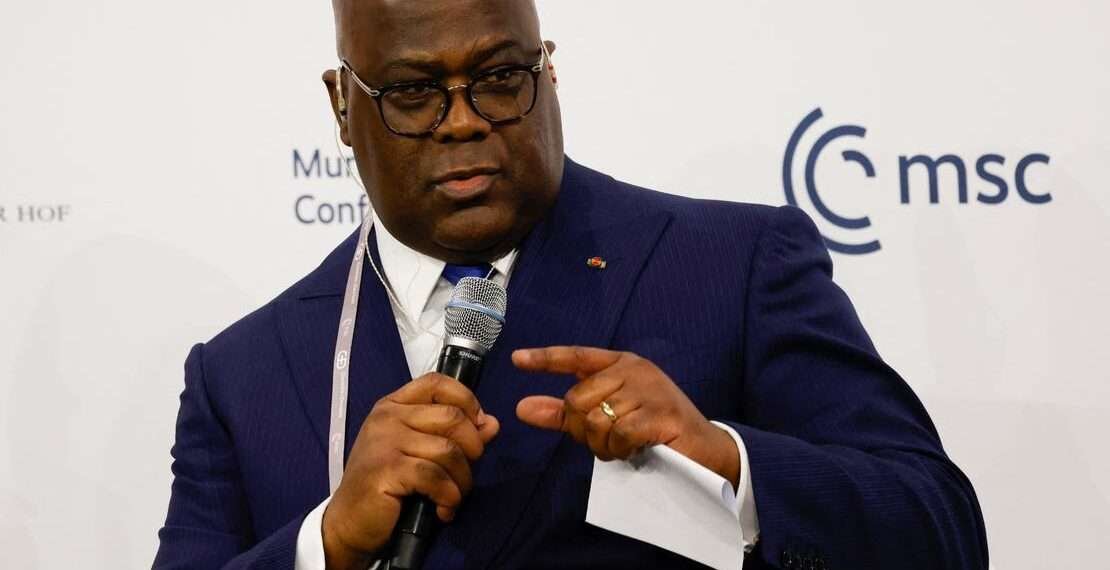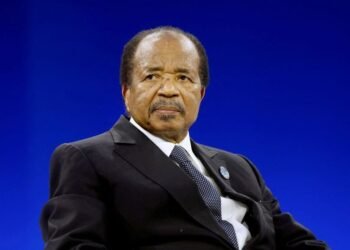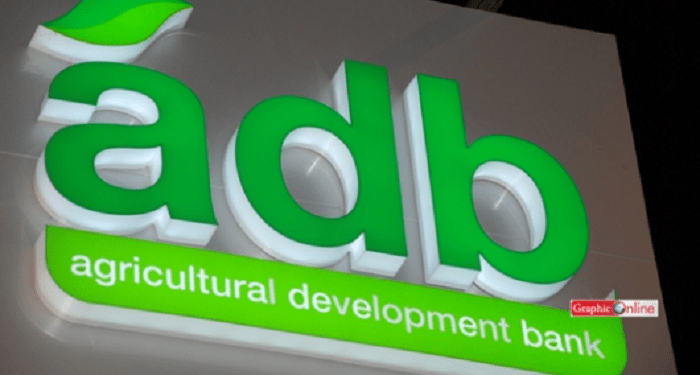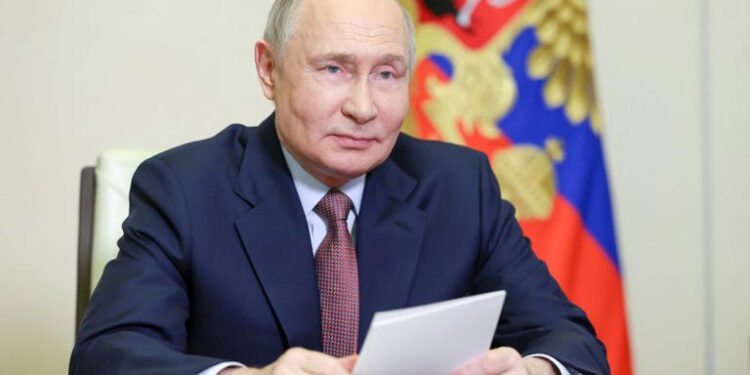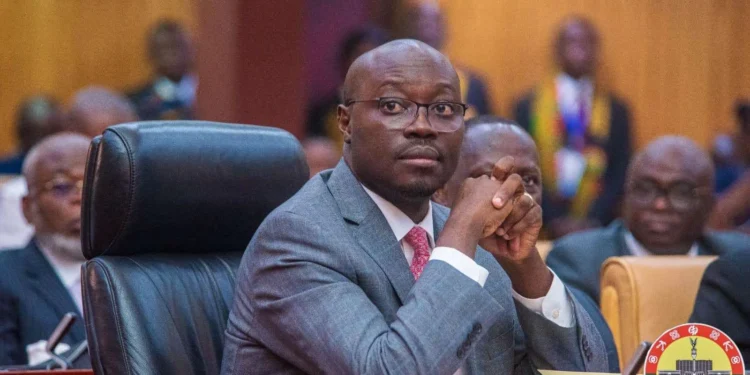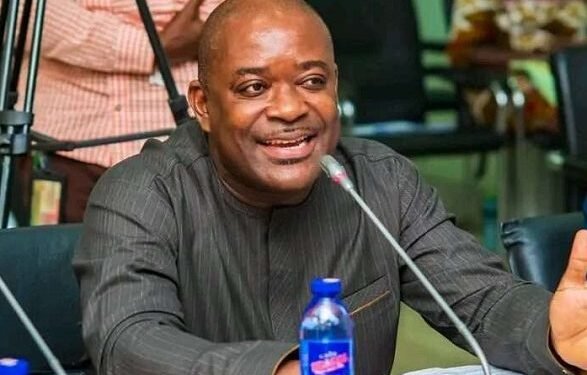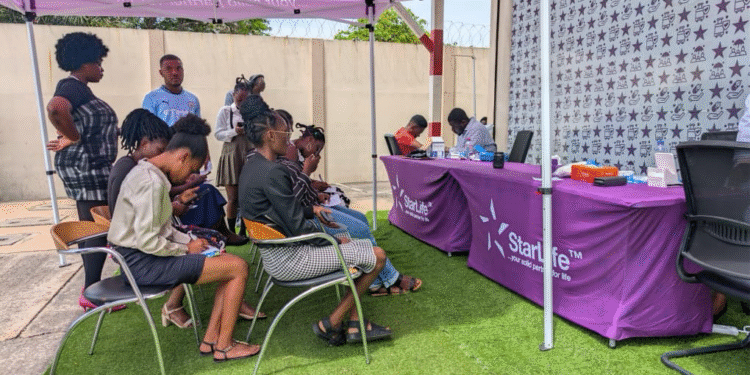Congolese President Felix Tshisekedi has launched a strong attack on Rwanda, accusing the neighboring country of “predatory aggression” against the Democratic Republic of Congo (DRC) over several decades.
Speaking at the Munich Security Conference, Tshisekedi warned the international community that failing to act against Rwanda’s actions could set a dangerous precedent. “If the world allows a country’s borders to be violated in Africa by force, who will be next?” he asked global leaders in attendance.
His remarks underscored the growing tensions in eastern DRC, where conflict has devastated communities and displaced millions. The conference, attended by global dignitaries and security experts, examined the humanitarian impact of the prolonged crisis while debating possible solutions.
Hichem Khadhraoui, Executive Director of the Center for Civilians in Conflict (CIVIC) at The Hague, agreed that the humanitarian toll of the conflict was severe. However, he emphasized that resolving the crisis required direct engagement between conflicting parties.
President Tshisekedi urged world leaders to take decisive action, warning that the continued violence in the DRC could spiral into a broader regional crisis.
“These men, women, and children whose tears have bathed the soul of our country deserve more than a simple mention in international debates. Do not be complicit in the silence. History is watching us.”
President Felix Tshisekedi
Security analysts at the conference echoed the urgency of intervention, with concerns that global attention was shifting away from conflicts in Africa. Khadhraoui remarked, “We have so many conflicts in the world today that don’t have the needed attention from the world.”
Dr. Annette Weber, the European Union’s Special Representative for the Horn of Africa, cautioned against a one-size-fits-all approach to addressing African conflicts. “No country, no case is the same,” she said, pointing to differences between the war in northern Ethiopia and the ongoing strife in Sudan.
Accusations of Economic Motives Behind Conflict
Tshisekedi did not mince words when he accused Rwanda of fueling instability in eastern DRC for economic gain. He argued that Rwanda’s actions were not simply a border dispute but part of a broader strategy to exploit Congo’s natural resources.
“In Masisi, there’s a mine in a place called Rubaya, and there’s coltan, tungsten, tin, and tantalum—materials feeding this conflict and leading to the shedding of blood. To pillage those resources, the Rwandans have to create permanent instability, so the state has no authority in that region.”
President Felix Tshisekedi
However, Rwandan Defense Minister Juvenal Marizamunda, who was present at the conference, rejected the accusations. He countered that the claim of Rwandan aggression misrepresented the complexities of the situation.
“The foundation of hypocrisy is very strong. We must deal with the adversity of hypocrisy.”
Juvenal Marizamunda
He maintained that Rwanda had also suffered from the instability in eastern DRC and that regional peace was in Rwanda’s best interest.
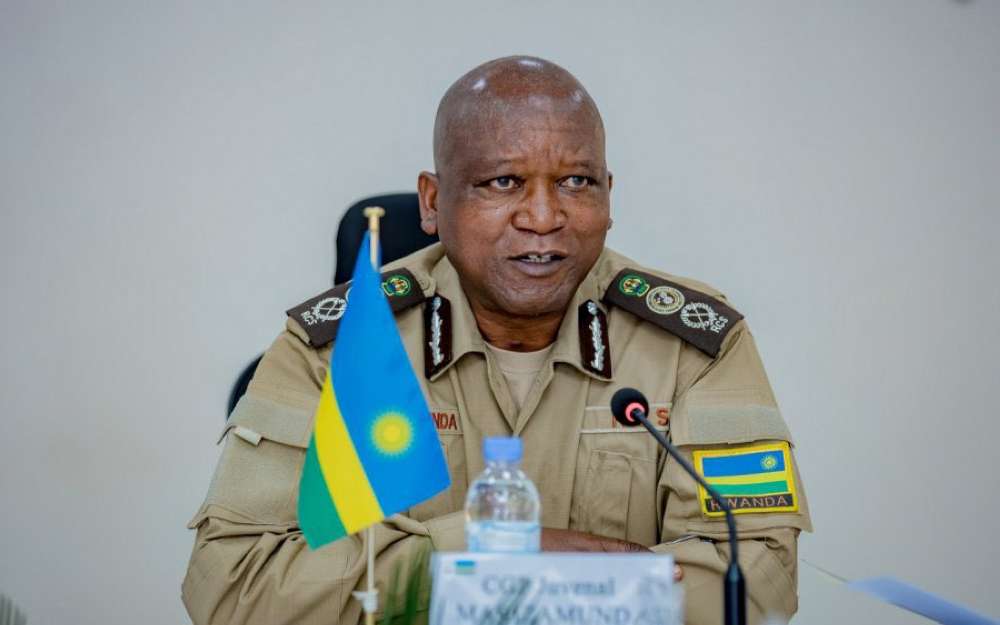
“Why would Rwanda, a country with ambitious socio-economic goals, jeopardize its own progress through conflict? Rwanda’s best interests in economic ambitions are better served by peace, not war. Rwanda has never attacked Congo. What we have done is invest in the economy of eastern DRC.”
Juvenal Marizamunda
Growing Humanitarian Crisis in Eastern Congo
The ongoing violence in the DRC has left millions displaced, with women and children bearing the brunt of the crisis. Tshisekedi stressed that while he had engaged in high-level discussions with Western and Middle Eastern leaders for humanitarian aid, the real challenge lay in political and diplomatic constraints.
Tshisekedi also questioned whether the international community was doing enough to end the violence.
“Unfortunately, it is tainted by hypocrisy. We have commitments, but they only apply to certain so-called ‘untouchables.’ When it comes to others with the same rights, those commitments are ignored.”
President Felix Tshisekedi
Despite mounting pressure, Tshisekedi has refused to negotiate with the M23 rebels, a group widely believed to have Rwandan backing. Security experts at the conference warned that this hardline stance might not be sustainable given the shifting dynamics of the conflict.
Recent developments have seen the M23 rebels capturing Bukavu, a major city in South Kivu Province, adding to their control over Goma. These strategic territorial gains raise concerns about further escalation in eastern Congo, leaving diplomatic solutions increasingly uncertain.
READ ALSO: Afenyo-Markin Challenges Mass Dismissals in Public Service



